MS-PS1-1
Develop models to describe the atomic composition of simple molecules and extended structures.
-
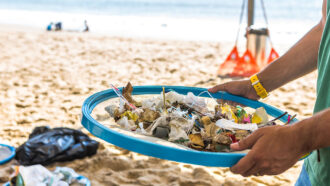 Environment
EnvironmentA new way to make plastics could keep them from littering the seas
Borrowing from genetics, scientists are creating plastics that will degrade. They can even choose how quickly these materials break down.
-
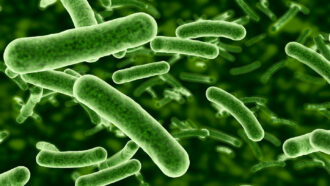 Microbes
MicrobesGenes point to how some bacteria can gobble up electricity
A new study shows how some microbes absorb and release electrons — a trait that may point to new fuels or ways to store energy.
-
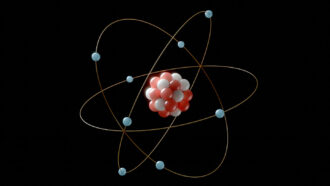 Chemistry
ChemistryScientists Say: Electron
Electrons are negatively charged particles. They are attracted to the positively charged particles in the center, or nucleus, of an atom.
-
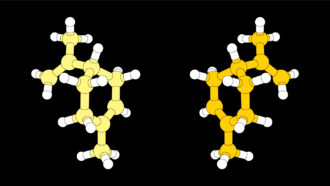 Chemistry
ChemistryChemists win Nobel Prize for faster, cleaner way of making molecules
Both scientists independently came up with new process — asymmetric organocatalysis. That name may be a mouthful, but it’s not that hard to understand.
-
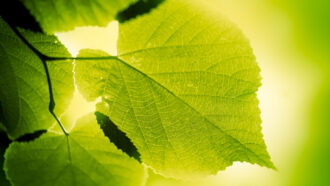 Tech
TechSynthetic trees could tap underground water in arid areas
They also could also help coastal residents mine fresh water from salty sources.
By Sid Perkins -
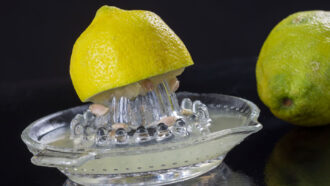 Chemistry
ChemistryExplainer: Ions and radicals in our world
When atoms get an electric charge, they act very differently. Now called ions, these are behind many aspects of chemistry, including acids and batteries.
-
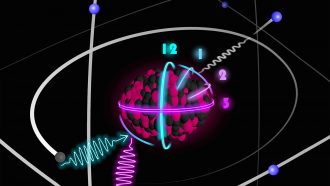 Physics
PhysicsNuclear clocks are nearly here
More precise clocks could improve technologies such as GPS and help scientists test major ideas in science.
-
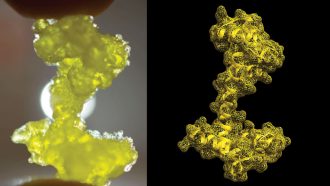 Chemistry
ChemistryFather-son bond inspires sweets that model the shapes of molecules
These bite-sized gummy candies could spark interest in the world of chemistry, especially among students who can’t see.
By Carmen Drahl -
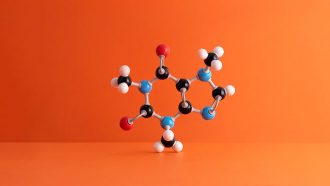 Chemistry
ChemistryScientists Say: Bond
In chemistry, this attachment between atoms forms because of the power of attraction. Chemical bonds make up every solid object on Earth.
-
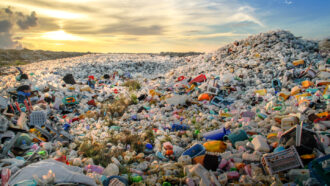 Chemistry
ChemistryNew recycling technologies could keep more plastic out of landfills
Recycling plastics is really hard — especially into useful materials. But new chemical tricks could make recycling easier.
-
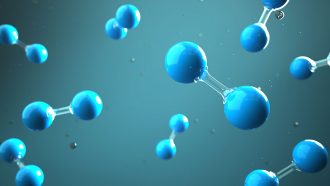 Chemistry
ChemistryExplainer: What are chemical bonds?
When various particles, atoms, ions or molecules come together to form a substance, they are held together with chemical bonds.
-
 Earth
EarthLet’s learn about snow
Snow is more than just frozen water vapor. Scientists are studying everything from its shape to other planets where snowflakes fall.